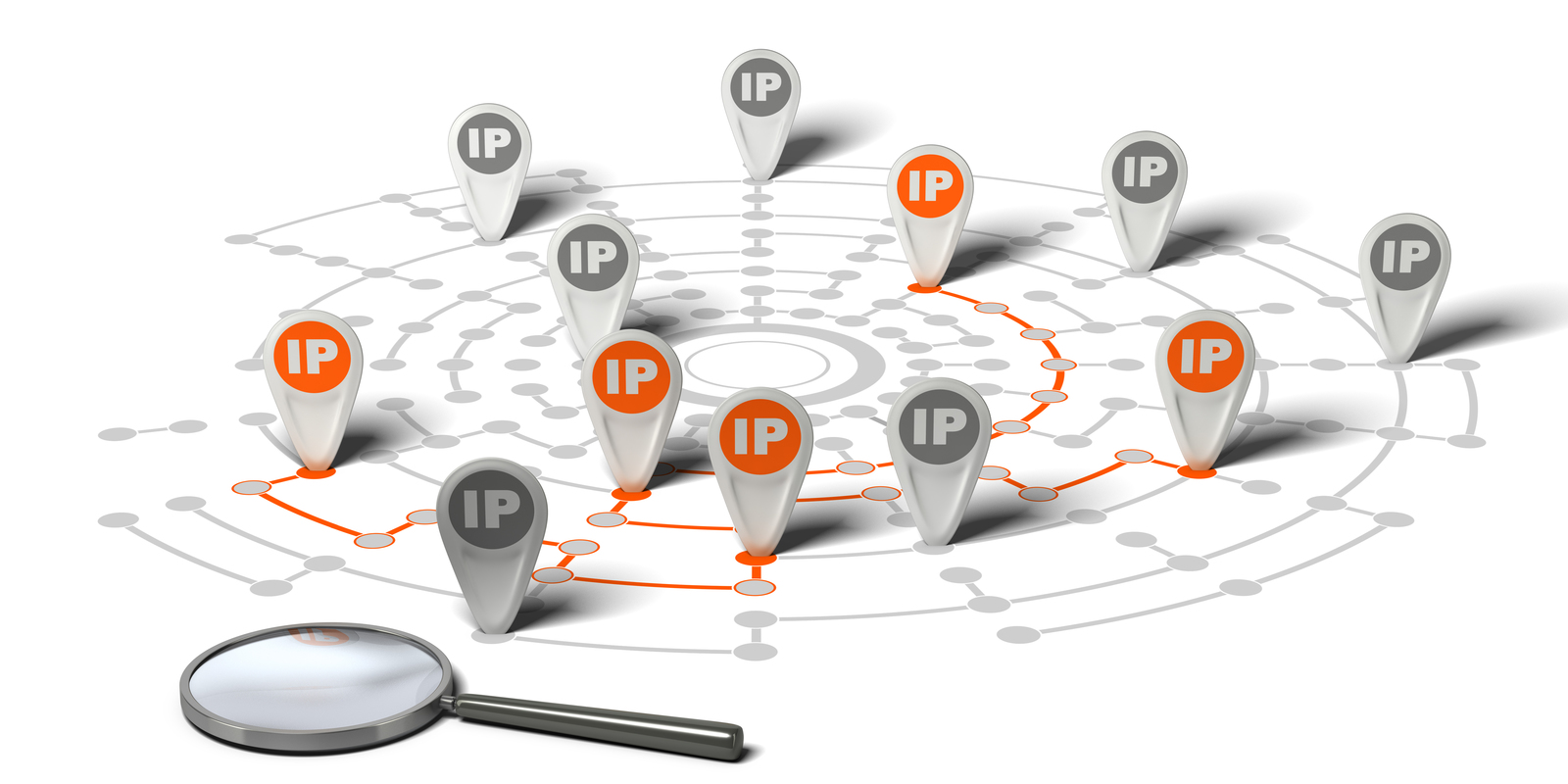In an increasingly digital world, the necessity for robust security measures has never been more paramount, particularly in the realm of online transactions. Fraudulent activities pose significant risks to businesses and consumers alike, leading to substantial financial losses and erosion of trust. One of the innovative solutions in combating this pervasive issue is the use of an IP address proxy detection database. This technology serves as a critical tool for identifying and mitigating fraudulent behavior by analyzing the patterns of IP addresses associated with user activity. By differentiating between genuine and potentially malicious connections, businesses can bolster their defenses against various forms of online fraud, including account takeovers and payment fraud. The integration of an IP address proxy detection database not only enhances security protocols but also streamlines the user experience by permitting legitimate transactions to proceed without unnecessary friction. As organizations increasingly adopt this technology, understanding its mechanisms and benefits becomes essential for those looking to safeguard their operations and maintain customer confidence. This article delves into the functionalities of an IP address proxy detection database and illustrates its vital role in preventing fraud within the digital landscape.
– Understanding IP Address Proxy Detection Benefits
The implementation of an IP address proxy detection database provides organizations with the ability to identify and mitigate risks associated with fraudulent activities. By analyzing incoming traffic and cross-referencing IP addresses with known proxies, businesses can effectively filter out suspicious requests that may indicate automated bot behavior or attempts to mask the user’s true location. This proactive approach not only protects sensitive information but also enhances the overall integrity of user interactions, fostering a secure environment for both the organization and its customers.
Additionally, leveraging an IP address proxy detection database can improve decision-making processes by providing insights into user behavior patterns. Organizations can utilize this data to tailor their security measures and optimize service delivery, ensuring that genuine users receive a seamless experience. As a result, the use of proxy detection technology not only serves as a critical line of defense against fraud but also contributes to the overall efficiency and reliability of digital platforms.
– Enhancing Security with Proxy Detection Technology
The integration of advanced proxy detection technology significantly bolsters security frameworks across various sectors. By utilizing an IP address proxy detection database, businesses can gain deeper visibility into their network traffic, identifying potentially malicious activities that could compromise their systems. This technology is instrumental in discerning legitimate user behavior from suspicious activities, allowing organizations to take immediate action against threats that could lead to data breaches or financial loss.
Furthermore, the real-time capabilities of an IP address proxy detection database empower organizations to adapt swiftly to evolving threats. By continuously updating its database with the latest proxy IP addresses and patterns associated with fraudulent behavior, businesses can stay ahead of cybercriminals. This dynamic approach not only enhances the protection of critical digital assets but also fosters trust among customers, who can be assured that their interactions and transactions are safeguarded against fraudulent attempts.
– Streamlining Fraud Prevention with Database Solutions
Leveraging an IP address proxy detection database streamlines fraud prevention efforts by automating the identification of suspicious activities. This technology allows businesses to efficiently analyze user requests and filter out potentially harmful IP addresses before they can cause damage. By integrating this solution into their existing security protocols, organizations can minimize manual intervention, reduce response times, and allocate resources more effectively, ultimately leading to a more robust defense against fraudulent activities.
Moreover, the scalability of an IP address proxy detection database ensures that as a business grows, its fraud prevention mechanisms can adapt seamlessly. With the ability to handle increasing volumes of traffic and user interactions, this database provides consistent monitoring and analysis, enabling organizations to proactively manage risk. As a result, companies can maintain compliance with regulatory standards while fostering a secure environment for both operations and customer transactions.
In conclusion, the integration of an IP address proxy detection database is a crucial strategy in the fight against online fraud. By effectively identifying and mitigating the risks associated with proxy servers, businesses can enhance their security measures, protect sensitive data, and maintain the integrity of their operations. As cyber threats continue to evolve, leveraging advanced technologies like these databases will be essential for organizations seeking to safeguard their digital environments. Ultimately, investing in robust fraud prevention mechanisms not only fortifies a company’s defenses but also fosters trust and confidence among its clients and stakeholders.






